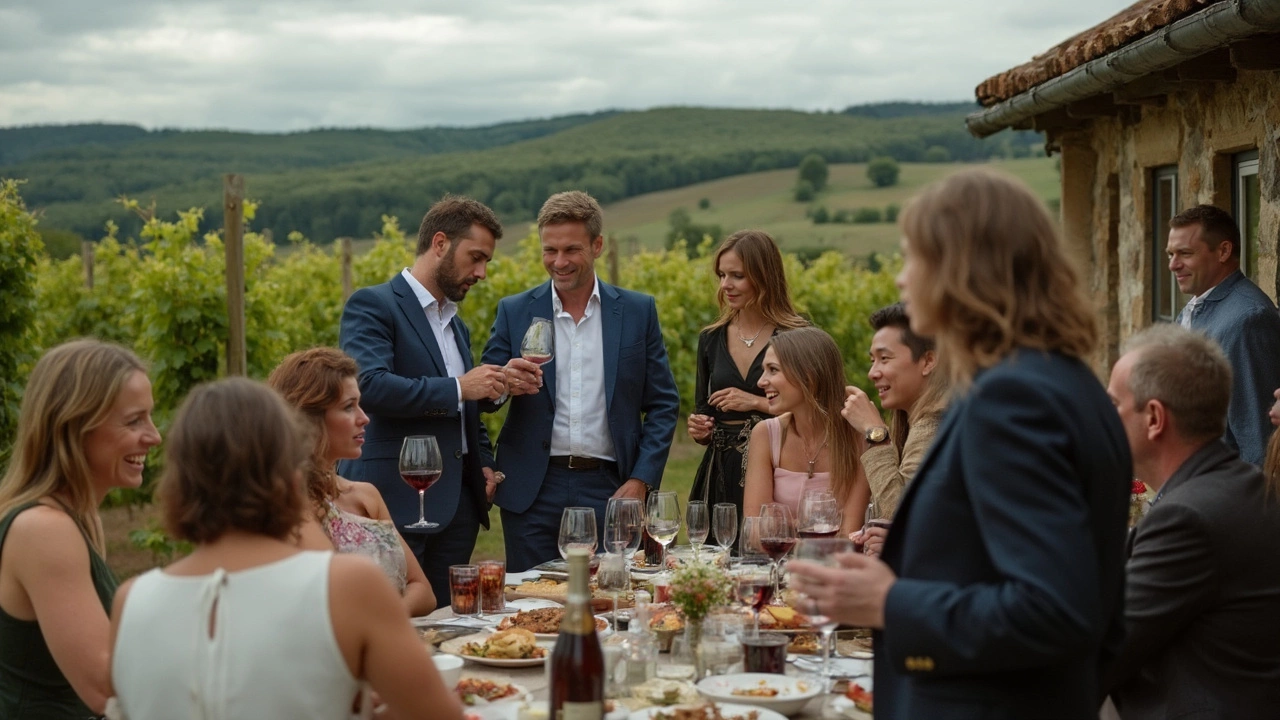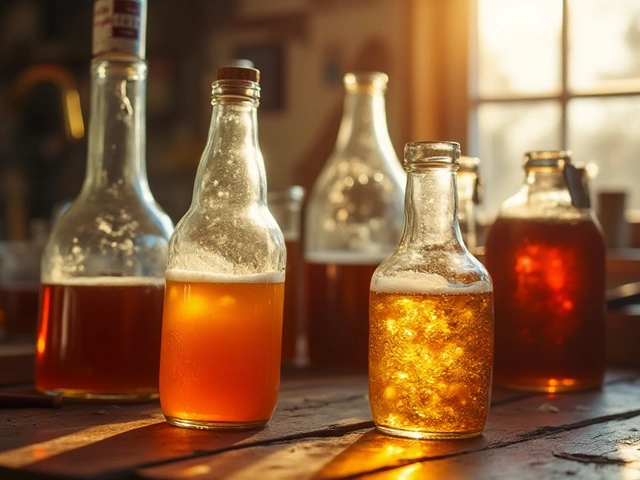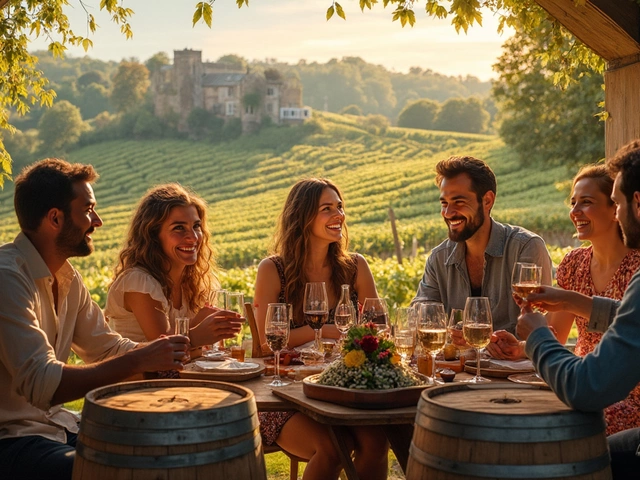What Not to Do Before a Wine Tasting – Simple Mistakes to Skip
If you’re heading to a wine tasting, a clean palate is your best friend. Too many people rush in with the wrong habits and end up tasting coffee instead of Cabernet. Below are the biggest no‑nos that can ruin your experience, plus quick fixes to keep your senses sharp.
Top Habits That Ruin Your Palate
1. Heavy coffee or tea right before tasting. Caffeine coats your tongue and leaves a lingering bitter taste. Even a single espresso can mask the subtle fruit notes in a white wine.
2. Strong‑flavored foods. Garlic, onions, blue cheese, or chilies linger in your mouth for hours. Those flavors blend with the wine, making it hard to pick out the wine’s own aromas.
3. Mouthwash or minty gum. Both contain strong artificial flavors and alcohol that numb taste buds. If you need fresh breath, sip water instead.
4. Smoking or vaping. Smoke particles cling to the palate and can make wines taste flat or metallic. Step outside and wait a few minutes before you start.
5. Over‑hydrating with sugary drinks. Sweet sodas or fruit juices flood your tongue with sugar, which can make a dry wine feel even more austere.
6. Intense exercise just before tasting. A hard workout raises body temperature and can dull your sense of smell, which is essential for detecting wine aromas.
7. Certain medications. Antihistamines, some antibiotics, and cholesterol meds can alter taste perception. If you’re on a new prescription, give yourself a day or two before the tasting.
Better Ways to Get Ready
Swap the coffee for a plain glass of water about 15 minutes before you arrive. Water cleans the palate without adding flavors.
Snack on neutral foods like plain crackers, unsalted nuts, or a slice of apple. These help clear any lingering taste without stealing the spotlight.
If you must freshen your mouth, rinse with plain lukewarm water or a mild saline solution. Avoid anything with strong mint or alcohol.
Give yourself a short break after smoking—or better yet, skip it entirely before the tasting. Even ten minutes can make a big difference.
Dress lightly and stay in a cool environment. A comfortable body temperature keeps your nose ready to pick up the wine’s bouquet.
Finally, breathe deeply before you take your first sip. A quick reset helps you focus on the wine, not on any after‑effects of earlier habits.
By steering clear of these common pitfalls, you’ll let the wine speak for itself. Your palate will stay clean, your notes will be clearer, and you’ll walk away with confidence that you truly tasted the wine, not your breakfast leftovers.
Thinking about heading to a wine tasting? What you do before you sip matters more than you think. This deep-dive article uncovers surprising things to avoid before wine tasting so you get the best experience possible. From skipping perfume to rethinking your coffee, you'll find practical, real-world advice for both beginners and seasoned tasters. Brush up on wine customs and learn how simple pre-tasting slip-ups can change your palate. Don’t miss these smart tips to taste wine like a pro.
View Details

